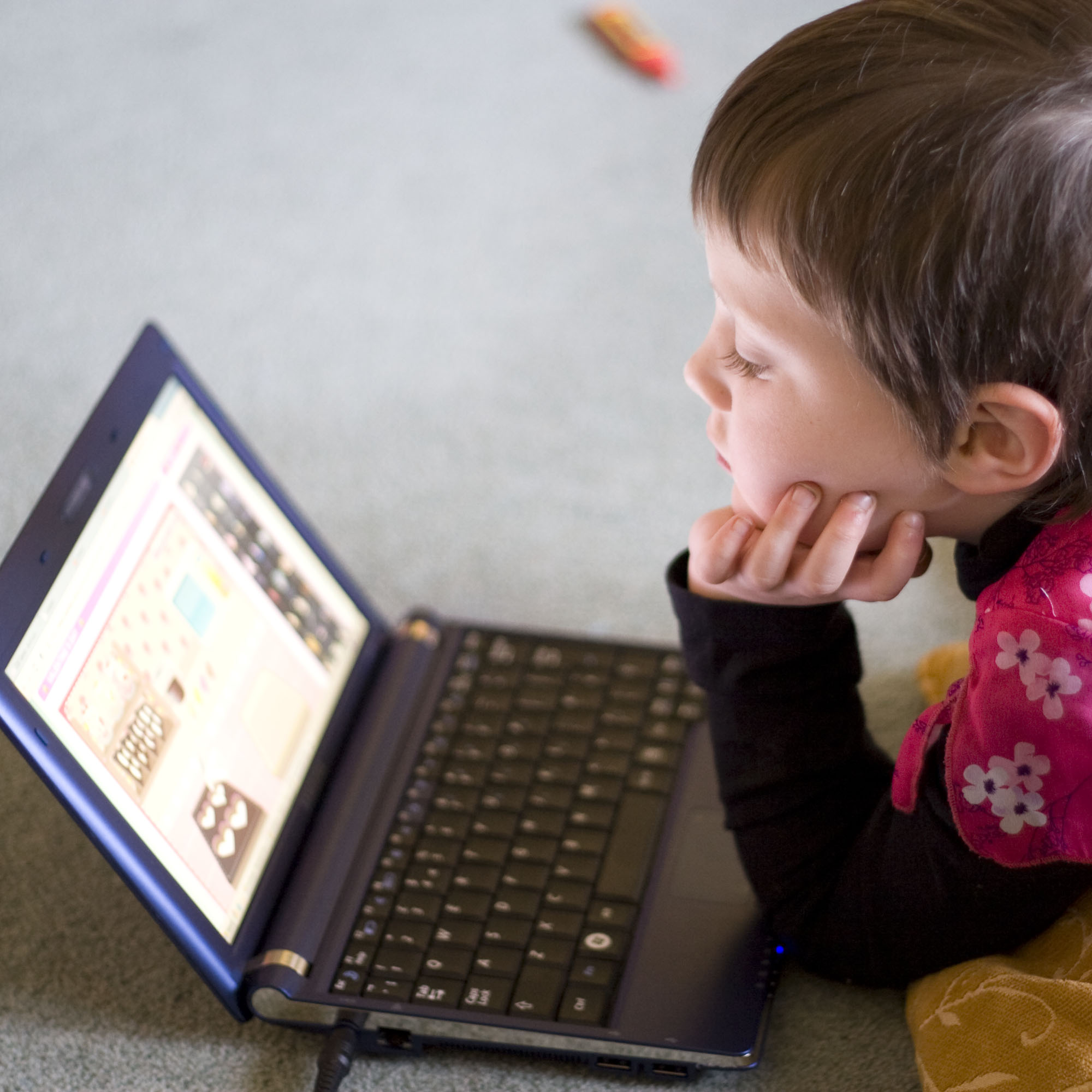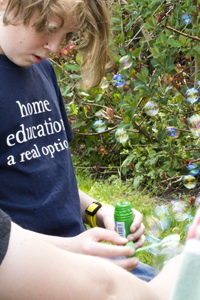Every child aged between five and 16 is entitled to a place at a state school and most parents choose this option. These are government funded and so are free to attend.
From September 2011 local authorities must accept children in to reception, the September after the child turns four, but you may choose full time or part time until age five. You can now defer entry until later in the year up until your child reaches five, and the place must be held for you until the term after the child’s fifth birthday, but not beyond the end of the academic year. If you want you can choose to use a state funded nursery or other setting place instead, until the term after you child turns five. (Schools Admission Code)
If you are choosing a state school start inquiring about primary schools well before your child reaches their fourth birthday.
Educational approaches:
Most state schools are mainstream state schools – which means that they receive funding via local authorities, follow the National Curriculum and are regularly inspected by Ofsted. These are based on a formal, single-age, class-based, and curriculum driven approach, where learning is primarily adult-led. It is focused on assessment and passing tests, through SATs and later on GCSEs, A-Levels and the recently approved IGCSEs.
Some specialise in particular subjects, or are governed in partnership with a faith or voluntary group. There are also state schools catering for children with special needs, boarding schools and Grammar schools which select on academic ability. For many parents the local nature and community setting of a state primary school is important.
Academies are a newer type of state-funded school. Free Schools are new Academy schools set up by parents, teachers, charities, community or faith groups or previously independent schools. They are essentially state-funded independent schools, which have greater freedom in how they run themselves and the educational approach they take. Your options are dependent on the approach taken by individual academy schools in your area. If you are interested in setting up a Free School the New Schools Network provides advice and guidance.
Finding a school:
You can search for state schools and find out more about them at schoolsfinder.direct.gov.uk, or contact your local authority and ask for a list of schools.
Finding out more about schools:
Admissions:
Each year your local authority will produce a free booklet giving deadlines, the application process, and admission criteria, and the admissions criteria for how places are allocated. You should automatically receive information on getting your child into school.
The Local authority sets the admission criteria for some schools, whilst other state maintained schools have their own governing body which decides on admissions criteria. Make sure you read the admission criteria for your preferred schools.
Applying:
Apply by filling in the Local Authority Common Application Form online or in paper in the autumn for entry the following September. You need to list one or more preferred schools for primary schools.
The dates vary so check with your local authority and send off your form or apply online in plenty of time.
References:
Schools Admissions Code





